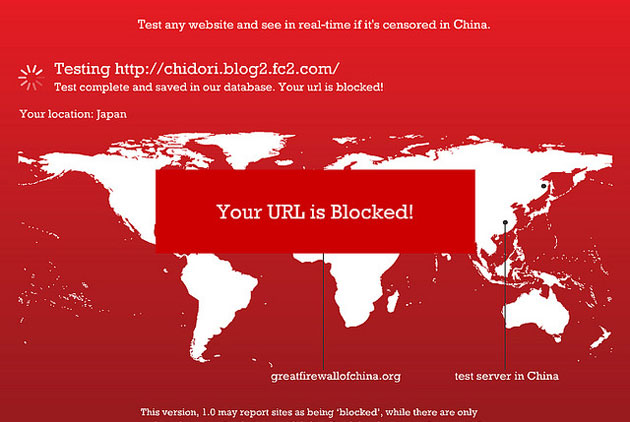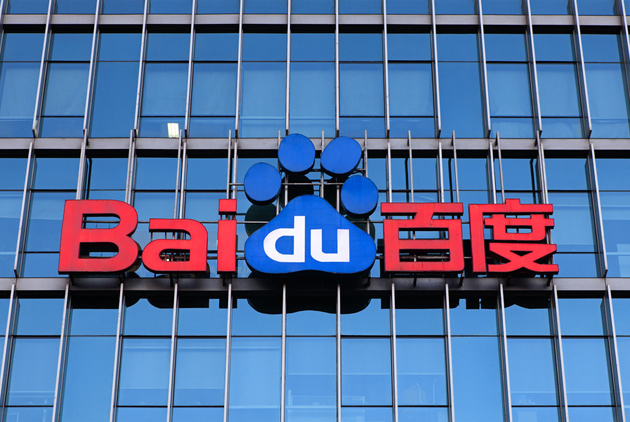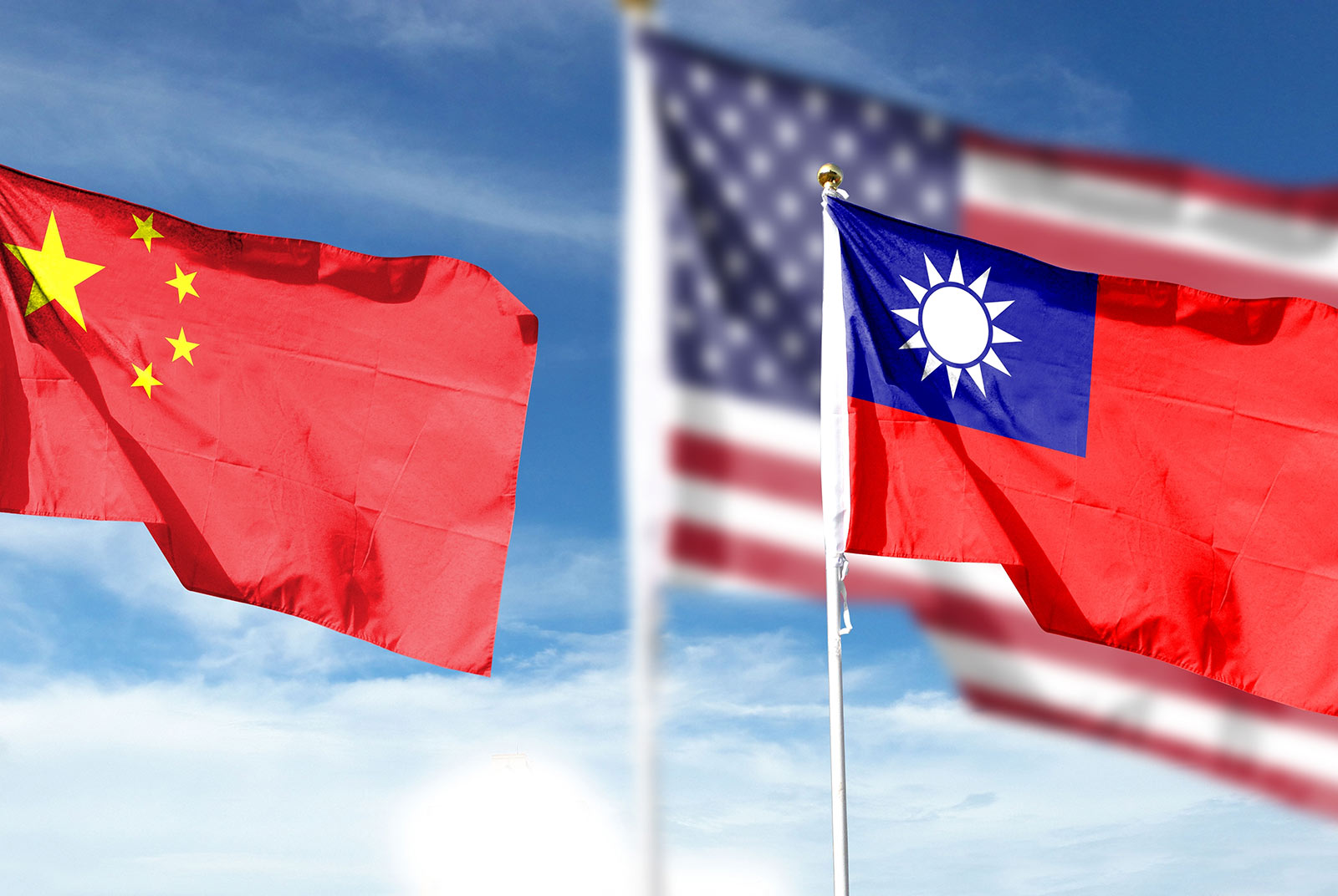How To Grow a Unicorn App in Taiwan

Source:Shutterstock
Taiwan’s mobile application economy ranks seventh in the world, and mobile game revenue ranks fifth. If you ask “ is it really possible for a unicorn app to come out of Taiwan?” The answer must be “ Yes, it is entirely possible.”
Views
How To Grow a Unicorn App in Taiwan
By Joseph Huangweb only
In my years as General Partner at Infinity Ventures, a question that has been posed to me time and again is, “Joe, is it really possible for a unicorn app to come out of Taiwan?” Our fund is an international fund, and we do not invest with a bias towards any one region, and so my opinions regarding Taiwanese apps are entirely my own.
Therefore this is a question that is near to my own heart and my answer to this question is: Yes, it is entirely possible.
However, what is needed are the ideal conditions, such as the right app, the right forms of government intervention, and the right talent in place for Taiwanese apps to flourish. And while there is much to be done, Taiwan is not exactly starting from the bottom rung.
Taiwan’s mobile application economy ranks seventh in the world, and mobile game revenue ranks fifth.
Of the USD 2.1 billion Apple App Store revenue brought in by Taiwanese users in 2017, over three-fourths of all spending was gaming related. Games are the greatest app money-makers, full stop. In fact, in the Taiwan-region Apple App Store, 84% of all apps revenue is from games. That’s not to say that all potential unicorns must be games, but rather that a different approach is needed to take different forms of applications global. Fun is a universal language — games need to be fun and well-designed in order to be well-received. If the game is fun in Taiwan, likely, it’ll be fun elsewhere as well.
 (Source: Shutterstock)
(Source: Shutterstock)
With functional apps, however, it gets considerably trickier. Many of the most successful apps within a country have been built to address a specific need that is country or region-specific, such as Dcard, Taiwan’s own bulletin board app. However, the downfall of these apps is that what works in one country might not work overseas. In order for an app to emerge as an international contender, it must address something that is a global issue. As a result, apps can be very market specific.
Like seedlings, apps need to be nurtured in the early stages and given the space to grow before they’re ready to contend with others on the international stage.
In order to encourage steady growth during the early stages, Taiwan must pass governmental protections that provide a greenhouse environment for Taiwanese app makers. There is likely no government better known for digital protectionism than China. Known as the Great Firewall of China, or The Golden Shield Project initially, the country’s censored internet was initially established by China’s Ministry of Public Security (MPS) to surveil its citizens and allow the Chinese government to retain its near-monopoly on the spread of information.  There is likely no government better known for digital protectionism than China. (Source: flickr.com/photos/chidorian/536813392/)
There is likely no government better known for digital protectionism than China. (Source: flickr.com/photos/chidorian/536813392/)
Despite the controversies that the Great Firewall has elicited, a byproduct of China’s highly-sophisticated internet censorship program is the emergence of native tech giants like Baidu, Tencent, and Alibaba, that have matured enough to go toe-to-toe with other international players. While censorship isn’t what I’m advocating here, there are lessons to be gleaned from this.
 (Source: testing / Shutterstock.com)
(Source: testing / Shutterstock.com)
If you examine another South Korean export that has taken the world stage, perhaps none is more poignant than the Hallyu movement. This export of K-pop, movies, and TV shows was a strategic and heavily-vested effort that began over two decades earlier that propelled its stars into the crux of the global pop culture zeitgeist.
South Korea actually has a dedicated Ministry of Culture, established in 1990, which wields a staggering budget of USD 5.5 billion. In 2013, the Ministry dedicated USD 280 million in direct support of the Hallyu movement. And their efforts have paid off. According to the Korea Foundation for International Cultural Exchange, in 2018 “exports attributed to Hallyu increased by 9.1% compared to the previous year, amounting to USD 9.48 billion.”
And while a willingness to invest in culture and apps is vital, perhaps even more important in fostering a fledgling industry is the protection of domestic culture. South Korea (And indeed other countries such as China, the UK, France, Brazil, Pakistan, and Italy) have passed laws implementing screen quotas to protect and create a fertile environment for Korean films to flourish. While the quotas have been relaxed gradually over the years since 1967, Korean cinemas were required to screen domestically-made films 146 days of the year. (Back in 1967, South Korea also passed a policy requiring all Korean film companies to produce 15 films annually.
However, this policy ended up doing more harm than good to the creativity-fueled industry by forcing filmmakers to release low-quality films that have come to be known as “quota quickies” that hurt the reputation of the industry, so this serves as a lesson to all as well.) That number was relaxed to 73 days of the year following a free trade agreement with the United States made on April 7, 2007.
Fortunately for South Korea, even with the drastic reduction in the screen quotas, the industry did not flop. Rather, it’s grown robust enough to face down international films and win. The blockbuster Parasite directed by Bong Joon-ho won the 2019 Palme d’Or at Cannes and proceeded to pick up four of the top 2019 Academy Awards, including a groundbreaking win as the first non-English film to take home Best Picture.
 The blockbuster Parasite directed by Bong Joon-ho won the 2019 Palme d’Or at Cannes. (Source: Reuters)
The blockbuster Parasite directed by Bong Joon-ho won the 2019 Palme d’Or at Cannes. (Source: Reuters)
In fact, screen quotas have become a hotly-debated issue in South Korea with some arguing that the auxiliary policies are no longer needed and are instead stunting the creative growth of Korean films by giving them unfair advantage in the domestic market. However, it can’t be denied that the employment of screen quotas were critical in helping Korea’s struggling film industry from being drained by larger Hollywood competitors in its primitive days.
There are a number of things the Taiwanese government is already doing right.
One is by funding accelerator programs specifically for startups, such as the National Development Fund, Executive Yuan. As I had stated earlier, 84% of all app revenue in Taiwanese App Store comes from games, but none of the top twenty games in Taiwan are actually Taiwanese.
What Taiwan gamemakers need are policies set in place that allow App Store recognition. According to Google, 48% of mobile phone users discover apps simply by browsing app stores, while 34% find them through recommendations. Taiwanese apps would benefit greatly simply by homepage placement.
If a Taiwanese app were able to achieve the coveted number one spot in the App Store, that would mean it would be able to capture 40% of the USD 2.1 billion App Store revenue. With proper government protections in place like App Store recognition and funding, a domestic app stands a chance to take this position.
We have our work cut out for us if we ever hope for our homegrown apps to eventually complete on a global scale. Improving Taiwan’s economy requires homegrown international companies, and Taiwan’s mobile application industry is an ideal place to start.

About the author:
Joseph Huang earned his Bachelor in Arts in Asian American Studies from University of California, Santa Barbara, and holds an MBA from IESE Business School. Currently, he is a managing partner at Infinity Ventures (IVP) and contributes to seed and A investment rounds in the mobile industry, SaaS, Fintech, IoT, AI, digital content, and disruptive technology. He is proud to support world-class Taiwanese companies at IVP such as Pinkoi, M17, and Mixer Box. He was a co-founder of Gamesamba.
Have you read?
♦ The Top Taiwanese App Company You Never Heard Of
♦ Kytu Lin’s road to build Taiwan’s most popular social network
♦ Lack of charger with iPhone 12 drives TSMC to outsourcing
Uploaded by Penny Chiang






